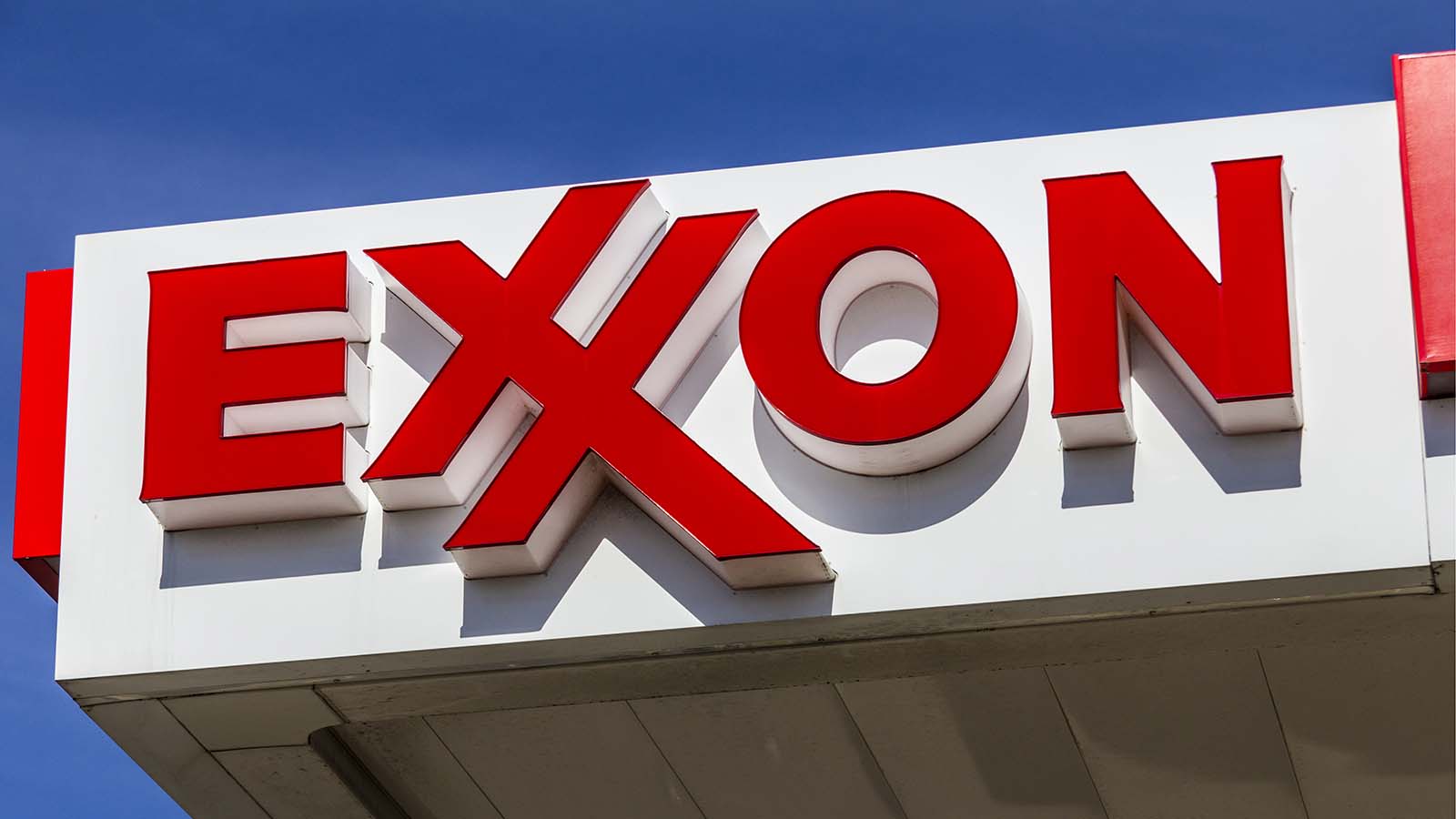So, 2020’s first quarter was one for the history books — and not in a good way. Among the records set was the fact that the first quarter marked the worst quarter ever for oil. Naturally, this had a negative impact on Exxon Mobil (NYSE:XOM), as Exxon Mobil stock is often strongly correlated with the price of oil.

There was a rebound after the White House suggested that Saudi Arabia and Russia could work out a deal, thereby bringing the oil-price suppression to an end. And the fate of Exxon Mobil stock depends on a rebound in the oil price. Is this something shareholders should count on? Or is it better just to avoid the stock altogether?
Hope on the Horizon?
The catalyst that provided hope to the struggling American oil industry, and therefore Exxon Mobil shareholders, was a series of tweets from President Donald Trump. In the first tweet, the President stated that he “spoke to my friend MBS (Crown Prince) of Saudi Arabia, who spoke with President Putin of Russia, & I expect & hope that they will be cutting back approximately 10 Million Barrels, and maybe substantially more.”
Trump’s follow-up tweet even went so far as to suggest that the production cut “Could be as high as 15 Million Barrels.” Oil traders immediately bid up the WTI crude oil price. It advanced 25% within a 24-hour period.
Exxon Mobil stock jumped as well. Even while the nation’s job numbers indicated a tough road ahead for the nation’s economy, the energy sector staged a stunning relief rally. Judging by the price action, oil bulls evidently took this as a sign of a potential energy-market comeback. But is this really a “done deal”?
Some analysts have questioned whether Russia and Saudi Arabia would actually be willing to accept the financial consequences of a 10-million-to-15-million-barrel production cut. After all, that would amount to 5% to 7.5% of global oil output. That’s a massive cut and wouldn’t necessarily be advantageous to the participating countries.
From Optimism to Realism
The point is that maybe there will be an oil deal, or maybe there won’t. Trying to predict the outcome wouldn’t be productive. There are too many economic and political moving parts here to effectively forecast the conclusion.
Thus, there’s no point in focusing on what might or might not happen among oil-producing nations. Instead, let’s focus on what we know for certain. And what we know for certain is that there are two parts to the oil equation: supply and demand.
While oil traders are obsessing over the possibility of a supply cut, they’re ignoring the weak demand for energy that’s likely to persist. The novel coronavirus has squelched travel demand as many people might not be willing to leave their homes for weeks or even months.
To quote The Schork Report‘s Stephen Schork, oil today is “a demand story. Right now there is no demand because we have killed our economy, Europe has killed its economy, Asia has killed its economy.”
You may recall that S&P Global downgraded Exxon Mobil’s credit rating in March. Moreover, RBC Capital estimated that in order for Exxon Mobil to cover its dividend and capital spending program, the company would need for oil to average $77 per barrel this year. Plus oil would have to average $68 a barrel next year.
A dividend cut would be a major blow to shareholders. It would also likely deter some prospective income-oriented Exxon Mobil stock buyers. It’s going to be awfully difficult for the company to maintain its 8%-plus forward dividend yield. With all of this in mind, it’s evident that now is not the time for optimism.
The Final Word on Exxon Mobil Stock
Even if a major international oil deal is hammered out, that won’t be enough to make Exxon Mobil stock worth recommending. The demand side of the equation is missing, and the prospect of a likely dividend cut is a serious deal breaker.
Louis Navellier had an unconventional start, as a grad student who accidentally built a market-beating stock system — with returns rivaling even Warren Buffett. In his latest feat, Louis discovered the “Master Key” to profiting from the biggest tech revolution of this (or any) generation. Louis Navellier may hold some of the aforementioned securities in one or more of his newsletters.
